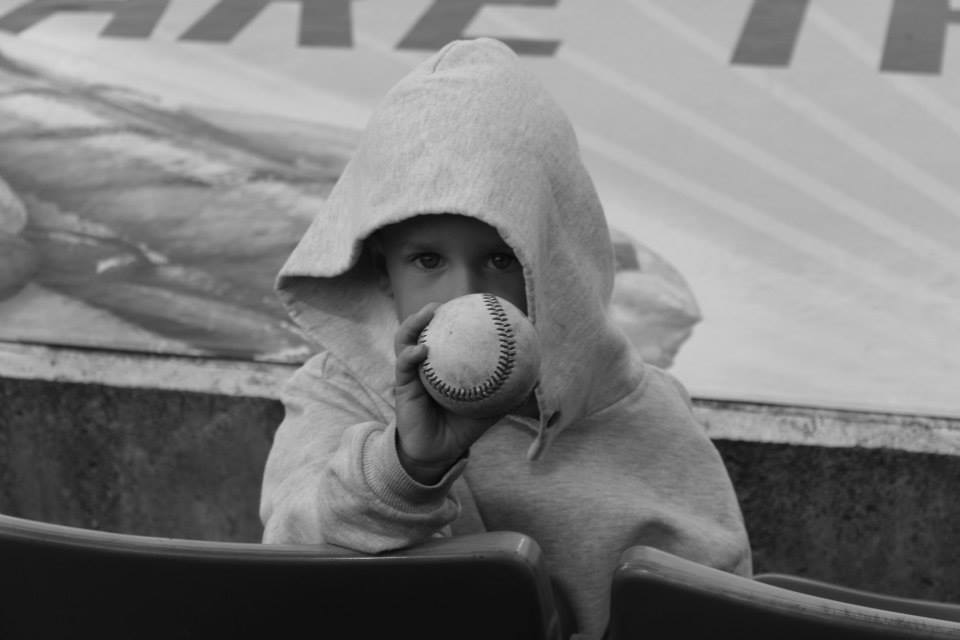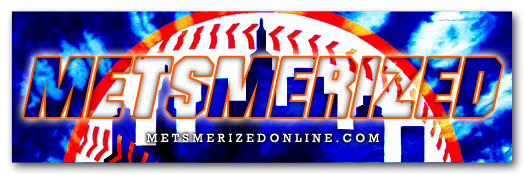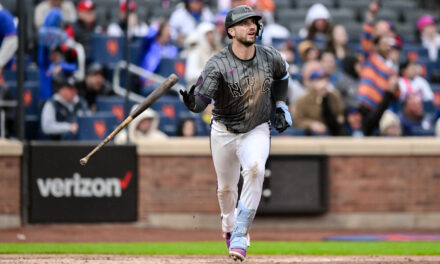
We live in a democracy. The greatest democracy on the planet. In spite of recent developments causing many to question the viability of our democratic way, I believe we still hold in our hands the power to influence our way of life and our pursuit of happiness. As citizens of this country we are entitled to certain rights and resources that are held in a public trust. Baseball, our national pastime, is one of them.
“Baseball is a public trust. Players turn over, owners turn over and certain commissioners turn over. But baseball goes on.” – Peter Ueberroth
When I was a child I got to visit my uncle in West Virginia. Coal mining country. Way up in the mountains. They lived in a small town and ran a country store with a couple of pickup trucks in the back that constantly ran deliveries. It was a magical experience for a kid who’d spent his entire life in the concrete confines of Queens. In their back yard there was a river and we’d often walk up and down its banks skipping stones. As a New Yorker I recall being nervous about trespassing onto neighboring property but they explained to me that the river was “public,” a protected thoroughfare. Although the property it ran through was private you were allowed to use the river and a small path along side as you would a road.
I’ve come to revise my understanding over the years of what we define as “public trust.” From that river and access to roads, to public parks to our national monuments, as citizens we are guaranteed access to certain things. When we think of issues arising from conflicting interests in public trust disputes, large corporations infringing on federal property and ranchers using public land out west come to mind, but baseball ownership inherently involves its own host of public trust issues.
Ownership of a major league team is, certainly, a private enterprise, but it is also a matter of public trust. This confluence of these seemingly disparate sectors may appear unlikely, and yet they intersect squarely in the legal crosshairs of our national pastime. There is no doubt that baseball ownership offers the promise of considerable personal enrichment, however, the best owners have always run their teams with an eye on the public — that very human resource upon which a team’s wealth and prosperity is built.
In the spring of 2011 Commissioner Bud Selig did something unthinkable in virtually any other business enterprise. He seized, by force of rule, another man’s property. That man was Frank McCourt, and the reason Selig was able to invoke control over his property (the Los Angeles Dodgers) by appointing Thomas Scheiffer to oversee operations, was because of a long precedent of commissioners intervening with surprisingly broad powers to ensure the “best interests of Baseball.” While there have been challenges to many commissioners in the past who have imposed similar controls, the owners in question have always lost on grounds directly pertaining to MLB’s right to protect those elements in Baseball which fall under what we commonly understand to be matters of public trust.
Selig was quoted at the time of this dispute:
“Baseball is a social institution, and as such, it has profound social responsibilities.”
A “social institution,” describes the very public component of any franchise that makes a team profitable, the fan base. You can own a brand, a label, a stadium, a sports network, a parking lot, but you cannot own the social entity that makes all those things possible, you can’t own the fans. For this reason, commissioners in the past have had the power to impose sometimes draconian measures to oversee owners who appeared to be damaging Baseball’s responsibility to its public.
Almost concurrent with the Dodger affair, Mets ownership was hit with the disastrous implications of being intimately involved in the most massive ponzi scheme in the nation’s history. They awoke one morning to the realization that they’d lost a fortune and then some to the Madoff debacle. Their team’s cash-flow buffer, the resources to pay off a tremendous amount of stadium and team debt, their fiduciary obligation to employees, a top third in the league player payroll, all suddenly were very much in question, all hinging precariously on a series of bank loans and emergency loans from MLB itself. The Wilpons were by all accounts in dire straits. At that critical juncture Selig came out with the following:
“I have great respect for Wilpons. But I felt in studying the issues the Mets could survive. They were unfortunate victims in a financial scandal, one that put pressure on them. But they have the respect of everybody in the game, the potential to work through it, so I realized it was in baseball’s best interest to have patience there.”
Here we are several years later, three more losing seasons behind us, wondering, where is the social responsibility? In the end, it appears that what was good for the goose, was not good for the gander.
The Dodgers were divorced of Frank McCourt’s ownership essentially by force while the Mets were propped up and allowed to tread water almost indefinitely to the dismay of New York Mets fans who have watched their team’s payroll slashed season after season after season. The public’s trust has been clearly violated. Mets fans had nothing whatsoever to do with Fred Wilpon’s investment schemes or the collapse of his ability to finance a competitive major league franchise, we were simply in the wrong place at the wrong time — guilty of loving and rooting for a troubled team, a team that existed well before Fred Wilpon ever came into the picture.
To add insult to injury, Fred Wilpon has stated with impunity that he intends to hold onto the team as a bequest – the most private of entities — passing it down to his heir Jeff Wilpon in due time. A public’s trust determinately held captive as a family heirloom. Adding even more insult to injury is the publicized narrative from the mouth of Fred Wilpon himself and echoed in Sandy Alderson’s “sustainability” spiel, essentially blaming the Mets’ restricted payroll on the fans and our lack of support.
Fred Wilpon wasn’t always wealthy, he wasn’t always on the back pages. In fact he’d probably still be languishing somewhere in the relative anonymity of wealthy NY real estate entrepreneurs were it not for the N.Y. Mets. The Mets really are all the Wilpons have in terms of prestige and fame (if not fortune) at this point, and there is no logical reason to believe they would willingly give that up.
But there is still this issue of the public trust. That part, parcel, and percentage of the franchise that cannot be physically owned, the fans. Fred Wilpon can’t come into your living room and change your channel. Jeff Wilpon can’t follow you into a shopping mall and force you to put down a credit card and buy Mets merchandise. Saul Katz can’t come to your work place on your lunch break and make you charge 4 box seats for the coming homestand. When you violate the public trust, the public will do the only thing it can, abandon you.
That’s the part that Selig and Wilpon didn’t quite think through. Selig’s responsibility was to Baseball, not to the Wilpons. It is disingenuous to presume Selig’s support of Mets ownership was due to friendship … As I’ve stated elsewhere, that is a noble but factually improbable lark. Unlike the situation in Los Angeles, Selig saw the situation in Queens as an opportunity to promote his small market ideology under the reuse of propping up an old friend. But that is outside the scope of this discourse. The point of this is to illustrate and emphasize the gargantuan, glaring, painful hypocrisy inherent in MLB’s continued support of an ownership group in New York that is fundamentally and categorically incapable of meeting the basic social responsibility it has to its public, which is an affront to Selig’s own stated purpose as commissioner.
(Photo by Kelly Madden, Metsmerized Online)














